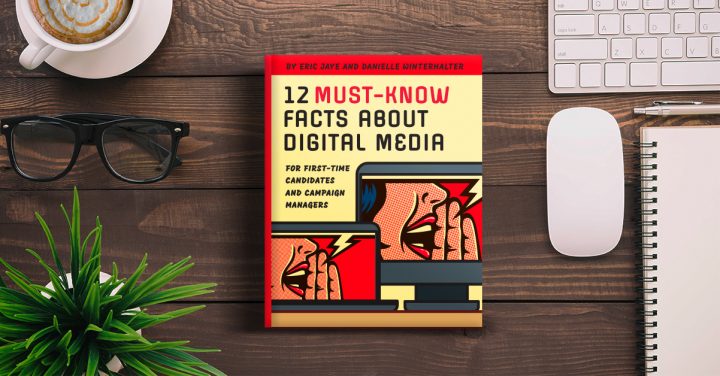What Works Offline Also Works Online for Political Media.
If a voter called to volunteer on your campaign, you would call them back right away and thank them and plug them into the campaign—right?
When a supporter makes a donation, you immediately thank them if you want to ever get another donation from that supporter—and keep a friend. When someone leaves you a voicemail, you work hard to return that call the very same day. When you talk to voters, you try to remember the names of spouses, where the kids go to school and what they mentioned when you knocked on their door last.
Certainly, when a volunteer comes into your office, you don’t put them in a corner and ignore them. You thank them, train them, put them to work and then thank them again on their way home.
In other words—you make it personal. You treat people like individuals. You are kind and respectful to them as you work to earn their votes and keep them engaged in your campaign.
Looking for a secret to run a successful online media campaign? Here it is: be kind, be responsive, be respectful, be diligent.
Create a Connection with Your Political Campaign Volunteers.
In almost every campaign up to U.S. Senate in large states, you will be dealing with a group of supporters online that you can personally get to know. When they email you—you can email them back. When they post a comment on Facebook, you can reply to it or like it. When community leaders follow you on Twitter, you can follow them back.
In other words, you can treat them like individuals, not like an “audience.”
If there is one mistake we see again and again, it is campaigns disrespecting their online community by spamming them, not thanking them, and not engaging with them quickly and personally.
This is just common sense and discipline. At the end of every night, answer all your emails. Reply to all the Facebook posts. Retweet something fun a key supporter tweeted.
If the volume gets so high you can’t do it all yourself, train and assign your most trusted top staffer or volunteer to help you do it.
But whether it is you or a top staffer, make sure it is personal. Never treat anyone online differently than you would treat them offline.
PRO TIP: Looking for ways to keep your audience engaged? You can give them very easy-to-use peer-to-peer engagement options like Voter Circle – which provides a suite of voter-friendly outreach tools at low cost to small campaigns.
For more campaign tips, check out 12 Must-Know Facts About Digital Media, a new e-book book by SpeakEasy Political founders Eric Jaye and Danielle Winterhalter.





